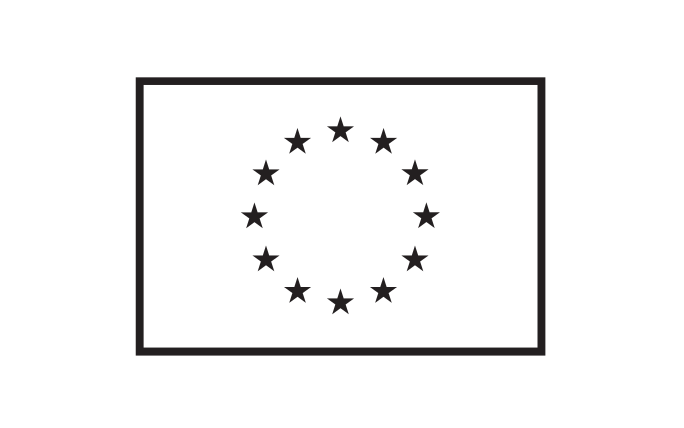Malaria remains a major cause of morbidity and mortality in tropical and subtropical regions of the world. It is an infectious disease caused by Plasmodium parasites and is transmitted through the bites of infected female Anopheles mosquitoes. The main strategies to reduce malaria burden focus on the control of mosquito populations and the use of antimalarial drugs. However, the emergence of Anopheles mosquito and Plasmodium parasite resistance to insecticides and antimalarial drugs highlights the need to develop new strategies for malaria control.
The complement system is one of the first components of the innate immune response to be activated during infection. Many pathogens have developed immune evasion strategies focused on the complement system. The fact that various stages of the Plasmodium parasites are exposed to the complement system and survive suggests that they have developed strategies to prevent this innate immune response. This can also be applied to hematophagous vectors such as Anopheles mosquito. Mosquito vectors are also exposed to the complement system after blood meal without harm to their exposed surfaces such as the midgut epithelium.
The main aim of this project is to identify and characterise complement evasion molecules in the sporozoite stage (the infective stage to man) of Plasmodium falciparum and Anopheles mosquito’s midgut epithelium in order to test their potential as vaccine antigens. The development of vaccines able to target these immune evasion strategies could protect against malaria and shorten the lifespan of mosquitoes. Both vaccines could be complementary tools to pre-existing malaria control strategies.






